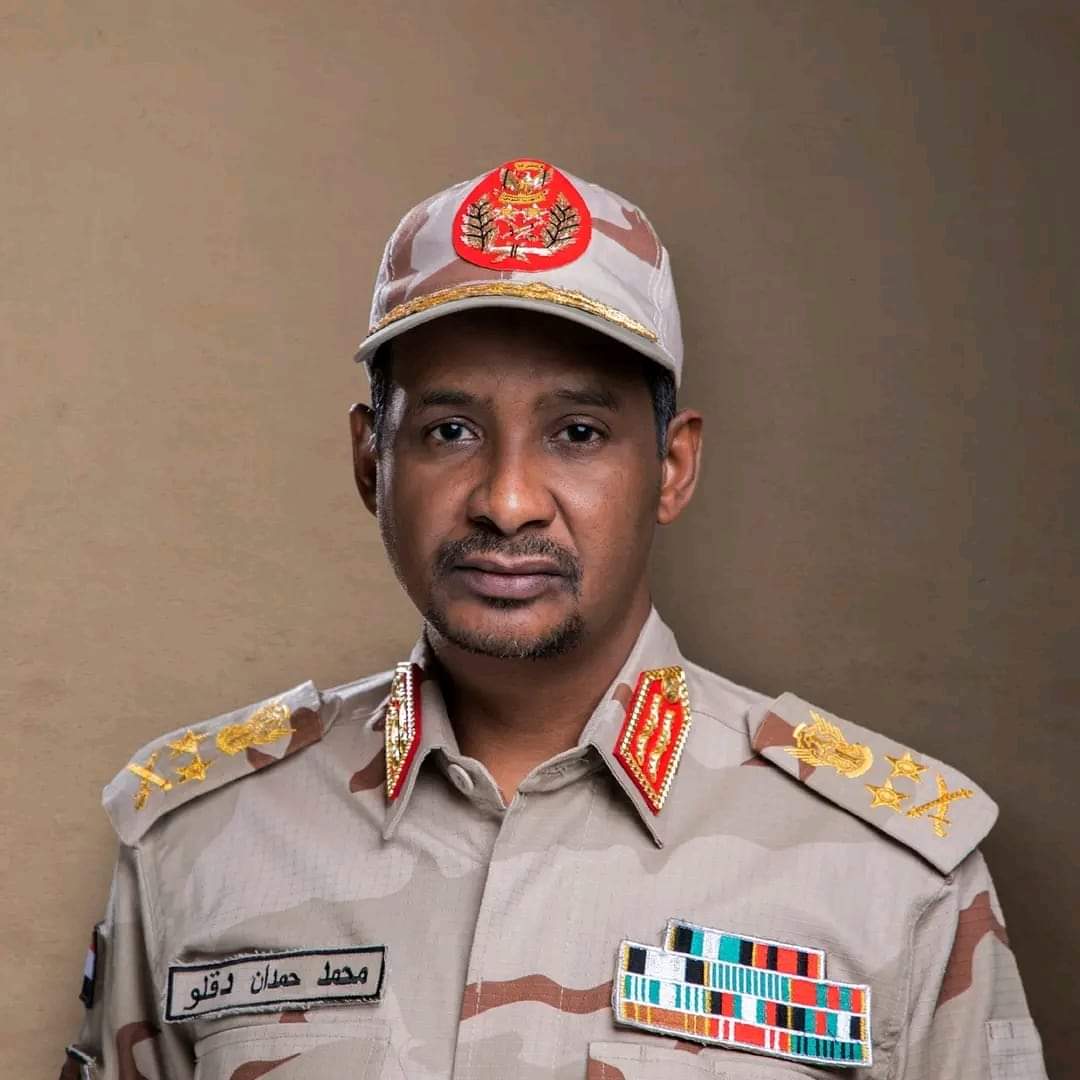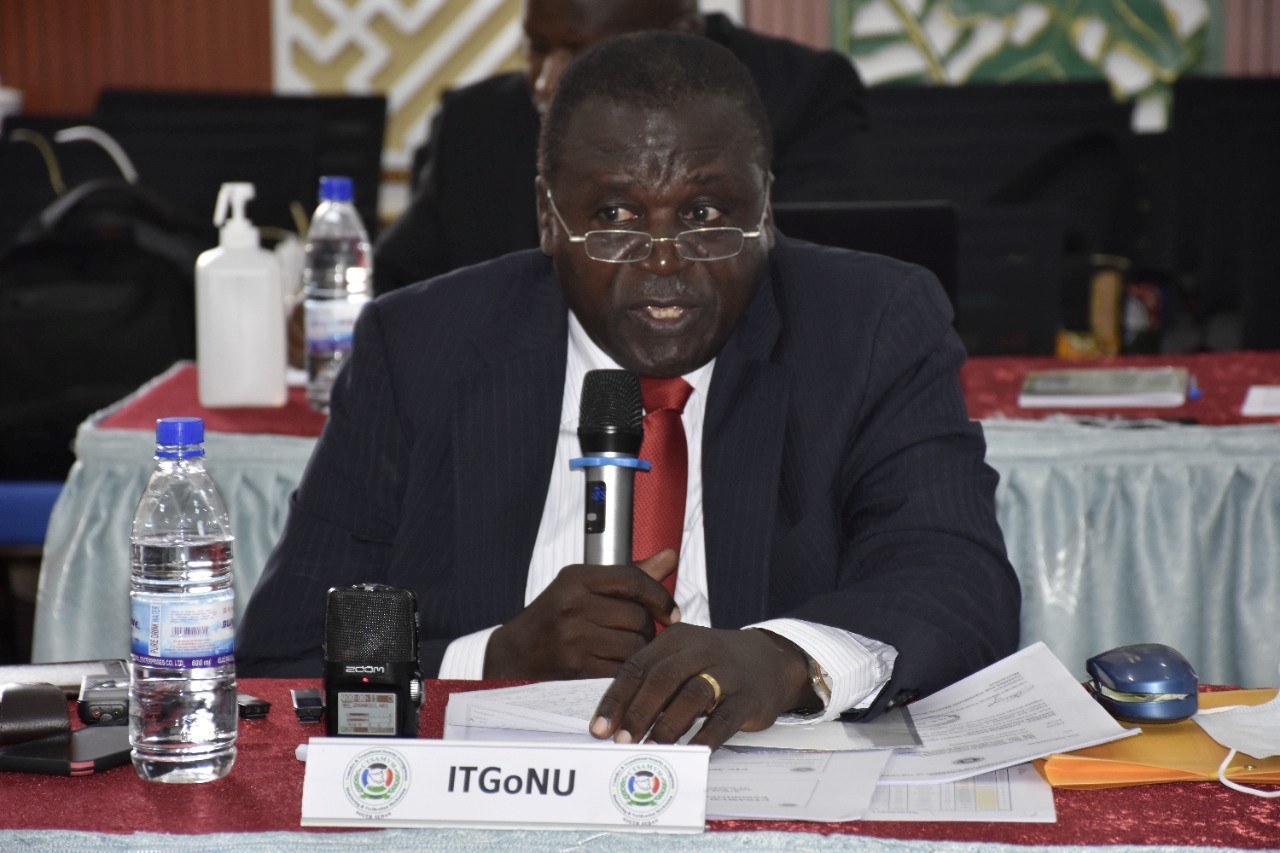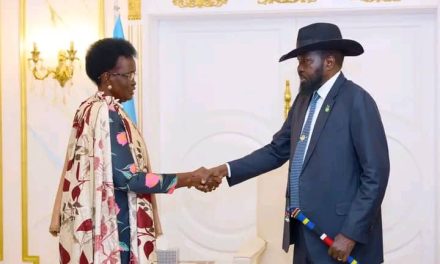
South Sudan mulls face-to-face talks between warring Sudanese parties

South Sudan’s government said on Friday that it is hoping to use the recently extended ceasefire agreement in Sudan to push for face-to-face talks between the warring parties.
Deng Dau Deng, Acting Minister of Foreign Affairs and International Cooperation, said President Salva Kiir has already held talks with Abdel Fattah Al-Burhan, the head of the Sudan Armed Forces (SAF) who accepted the face-to-face talks with his rival Mohamed Hamdan Dagalo, the head of the paramilitary Rapid Support Force (RSF).
Deng said Kiir made similar proposal to Dagalo who is yet to respond.
“We hope is that this particular ceasefire will have an impact on the lives of Sudanese people those who are in Khartoum and those who are outside. We are hoping that then the attention will shift to how to get face-to-face talks because war cannot be won on the battle field,” Deng said while briefing foreign diplomats in Juba, the capital of South Sudan on the situation in neighboring Sudan.
On April 17th, the regional body Inter-governmental Authority on Development (IGAD) appointed President Kiir to lead ceasefire negotiations in Sudan alongside Kenyan President Samuel Ruto and Omar Guelleh of Djibouti.
“Our hope is that this particular of 72-hours ceasefire or beyond could be used as the way to resume to the table of talks, so that the root causes and how this war can be averted can be now the space for us and others to join in whether inside Sudan,” he said.
“Of course, it’s quiet challenging because the Khartoum international airport is inaccessible and other towns of Sudan are accessible but it also depends on both sides to agree,” Deng added.
He said the current situation in Sudan is very dangerous because each side is now reinforcing it’s troops.
Deng warned against foreign interference in the conflict, saying it could worsen the situation.
He added that South Sudan’s experience has shown that foreign interference complicates conflict.
“Our position is that Sudanese are capable of resolving their internal differences,” he said.
South Sudan has so far received about 16,000 people fleeing fighting since violence erupted in Sudan on April 15th between the Sudan Armed Forces and Rapid Support Forces.
Deng said due to the ever rising number of people crossing into South Sudan across the border with Sudan, they are talking to partners on how to allocate returnees and refugees to different parts of the country to avoid congestion.
“We are also discussing not bringing everybody to Juba but they should be directed to the states where they are supposed to go,” he said.
Deng said in the Bahr El Ghazal region alone, they are receiving daily arrivals of about 500 across the 12 border crossing points with Sudan.



































